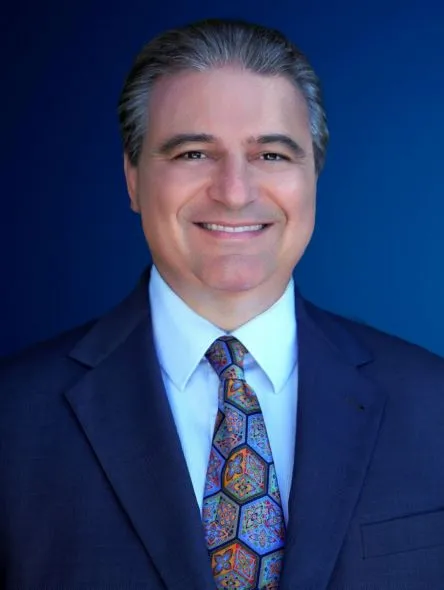
Welcome to our new series examining what makes successful leaders in the life sciences industry tick — from their personal and professional habits to their hobbies and favorite rules to break. Today, we’re in conversation with Dr. Amir Kalali, who shares why relationships and knowing who to call are two of the keys to success.
As a physician, scientist, technologist, executive advisor, curator and investor, Dr. Amir Kalali’s goal throughout his career has been to challenge the status quo and accelerate innovation in the pursuit of better patient care.
Three years ago, Kalali, along with Craig Lipset — both PharmaVoice 100 Red Jacket honorees — founded the Decentralized Trials Research Alliance (DTRA) with the vision to make research more accessible to everyone through decentralized clinical research methods.
“The benefits of decentralized research methodologies have been apparent for some time, but adoption has been slow due to many factors including culture and the lack of a forum for stakeholders to collaborate,” Kalali said at the time of DTRA’s launch.
Today, DTRA comprises more than 125 biopharma, CROs, technology companies, regulatory authorities, advocacy organizations, clinical research organizations, investigator sites, consulting organizations and other key stakeholders integral to drug development.
This week, DTRA announced the release the first of its three patient journey maps — oncology, rare disease and vaccines — to understand why patients participate in clinical research and to inform researchers around hot topics such as patient inclusion and diversity.
Much of DTRA’s success is due to Kalali’s extensive network of key influencers that he has built over the course of his long career, including the launch and continued curation of the CNS Summit, a community of thought leaders. The annual conference, which he founded in 2009, draws hundreds of stakeholders who are committed to innovation, collaboration and technology to advance science.
We caught up with Kalali to find out what he sees as the most exciting changes in the industry and what’s ahead.
What has been the high point of your career so far?
I am hopeful the high point is yet to come! Every time I can see the impact of my work, it is a high point. It has nothing to do with titles.
What’s the most exciting change you’ve seen in the industry in the last decade?
The industry being forced to realize business as usual is not sustainable, and beginning to listen to patients and caregivers.
What’s the biggest change you expect in the industry in the next five years?
The fact that the pace of change will accelerate more than ever.
What’s your biggest goal for this year?
To help others understand and navigate all the changes that will be coming at an ever-faster rate.
You have an unexpected hour of free time all to yourself: What do you do?
Call a friend I have not spoken to for a while to see how they are doing.
What’s your favorite travel destination and why?
That is an impossible question to ask someone who has traveled as much as me. I will say Kyoto, Japan, during Sakura season, as I was recently there, but I have many other answers depending on many factors.
What would people be surprised to know about you?
How many passports and cell phones I have.
What words do you live by?
The Golden Rule.
What’s your go-to productivity trick?
Delegation.
What’s your favorite rule to break?
All of them, when appropriate.
What is your one indispensable business tool — not a cell phone?
My relationships.
Who do you turn to for advice?
The trick is to know whom to ask about every situation.











